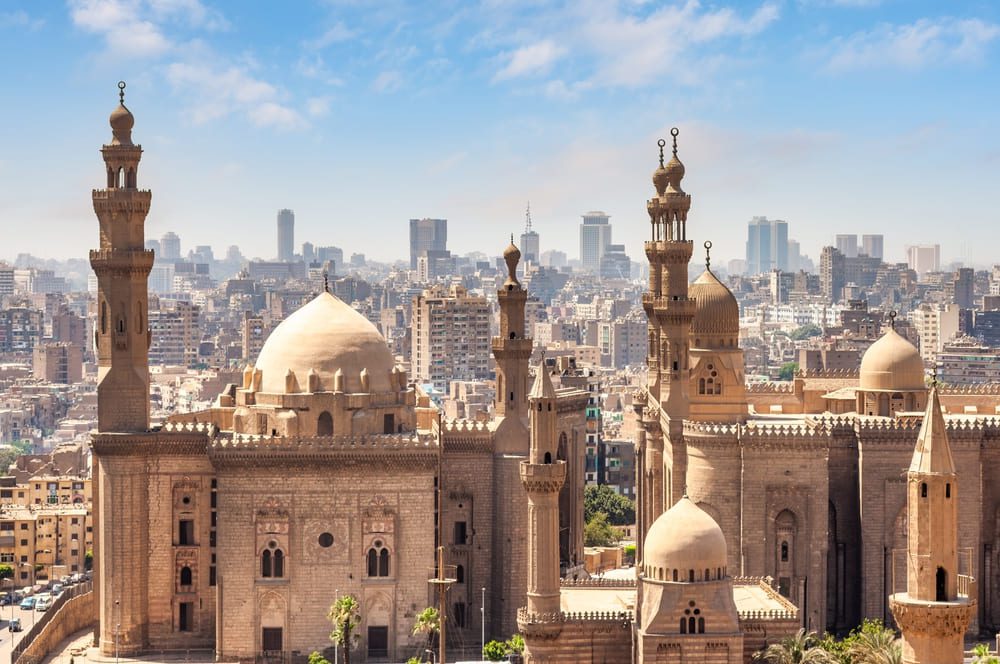The Concept of Halal Living: Food, Finances, and Ethics in Islam
The concept of halal living in Islam has several aspects. Halal refers to everything permissible in Islam. Islam lays great emphasis on societal development. The teachings of Islam focus on collective good which is essential for a progressive society. Hence, it lays principles regarding earning income, spending, eating food, and overall ethics that are beneficial for everyone in all aspects.
Halal Food
There are certain rules in Islam regarding Halal food consumption. Any food that deviates from those rules is considered haram, or impermissible. Any meat slaughtered without proclaiming Allah’s name, slaughtered in anyone’s name other than Allah, or in an inappropriate manner such as electrocution, is considered haram. Scientifically also it is proven that the Islamic way of slaughtering meat is the most hygienic method. Certain meats such as pork are haram in Islam. Similarly, the meat of dead animals is also haram. Today, science asserts how unhealthy and unfit pork and meat of dead animals are for human consumption.
Another important component of Halal food is the source of food. The food served on the table must be earned through halal means. Food earned through haram such as stealing, deceit, or involvement in activities prohibited in Islam is unlawful for consumption. People who consume haram food face problems in both worlds. Allah punishes them with health, children, or other problems in life. On the other hand, those who consume halal food stay under Allah’s protection. They lead a happy, healthy, and content life.
Halal Finances
This is one of the most important concepts in Islam. Allah requires Muslims to earn their income by legal and honest means. You must work hard to earn the income instead of earning it by luck or chance such as in gambling or interest. Similarly, income earned by selling haram commodities such as pork, alcohol, and other things is considered haram. Similarly, investments in commodities that are against Islam’s teachings are also haram. Islam believes in income equality through the circulation of wealth from rich to poor. Hence zakat forms the third pillar of Islam. Islam promotes societal welfare. Hence investments in things like education, healthcare, and activities that generate income for others such as the construction of buildings, etc. are considered halal in Islam.
Ethics in Islam
Islam encourages people to behave ethically in a society. It lays great stress on attributes such as kindness, generosity, patience, brotherhood, and unity. In an Islamic society, everyone is free to practice their religion. People must help each other in times of need. They must be happy for each other and support in good times as well. Feelings of hatred, jealousy, and envy create negative energy in a society. People should refrain from such vices to establish a progressive society. Similarly, Islam also advocates the protection of the environment. Scientists today assert how important it is to keep the environment clean to protect life on Earth. Global warming is disrupting the balance of nature. Allah commands in the Quran not to indulge in activities that disturb the balance of nature. Cleanliness is considered half faith in Islam. Therefore, it is evident how important ethics are in Islam.



